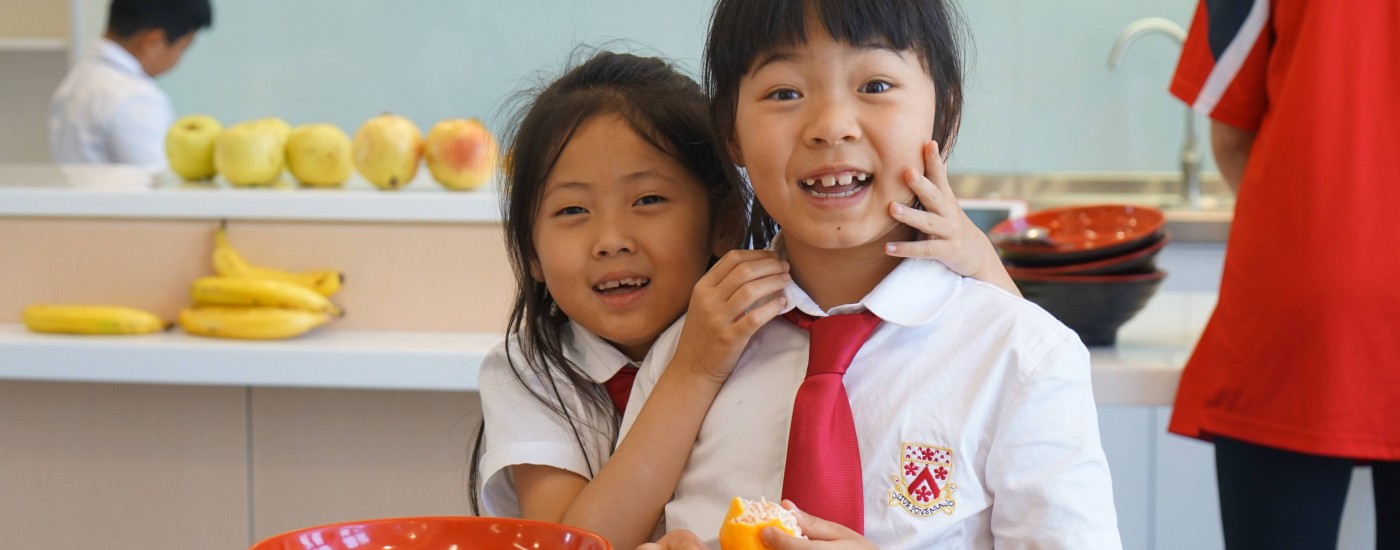A Week of Wellbeing in the Junior School

‘Health is a state of complete physical, mental and social wellbeing, and not merely the absence of disease or infirmity.’
- World Health Organisation
I work with an amazing student body – they have so many opportunities in their lives. They live in a fantastic city. They travel widely. They have a wealth of resources at their fingertips, and they have highly supportive families...
However the pressures facing children and young people today are immense, and very different to the time I started out as a young, newly qualified educator. These pressures are not exclusive to any one race, class or gender. They are a symptom of the modern world that we live in. The time to pay attention to the global wellbeing agenda for young people has arrived and at Dulwich College Puxi, education for wellbeing is part of our holistic offering. We recognise that being well is not simply providing a nurse, or running a P.E programme. Wellness sits as part of a widely connected, carefully considered aspect of everything we do.
This week, we have raised the profile of wider wellness by launching the new school year with a wellbeing week, led by Lorna Jutton, a Shanghai mindfulness expert. The children explored the affects of stress on the body, how to recognise when we are under stress, and were introduced to a number of strategies to help them become resilient to challenges, while maintaining a healthy approach to life.
Lorna shared these 5 top tips:
1. Develop your own mindfulness practice. This could be 5 – 10 minutes meditation at home, in a quiet spot each day
2. Breathing exercises. Try using a Hobard sphere (available on Taobao) or use your hands to make a small ball in front of you. As you breathe in, widen your hands and make the ball bigger, as you breathe out, make it smaller. Play around taking deep breaths and making the ball bigger, and slowly releasing. Notice how you feel as you breathe out.
3. Mindful games. Blowing bubbles is a simple, yet effective way to teach children about the breath, and to develop self-regulation. Start off with some bubble blowing practice. Invite the children to take a deep breath in, and slowly breathe out to create many big and beautiful bubbles. When they are settled, challenge the children to see if they can watch the bubbles until they have all disappeared
4. Mindful craft. Hands on craft activities help children to settle their emotions and develop focus.
5. Mindful eating. Food is always an excellent way to get children’s attention. Break down a mindful eating activity by choosing two or three small pieces of different foods. Before you hand out the first piece of food, ask the children how they’re feeling. Are you hungry? Is your tummy rumbling? What’s happening in your mouth? Are you excited?
We have thoroughly enjoyed exploring these techniques this week, and hope that your children find them useful. As well as supporting our student wellbeing, we also advocate for good wellbeing for families. There are a number of opportunities throughout the year at our parent workshops, to engage in ways to improve the wellbeing in your household. We hope to see you there.
Mrs Eleanor Sellers
Head of Primary Pastoral





